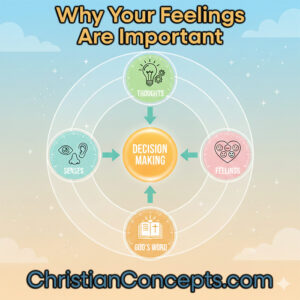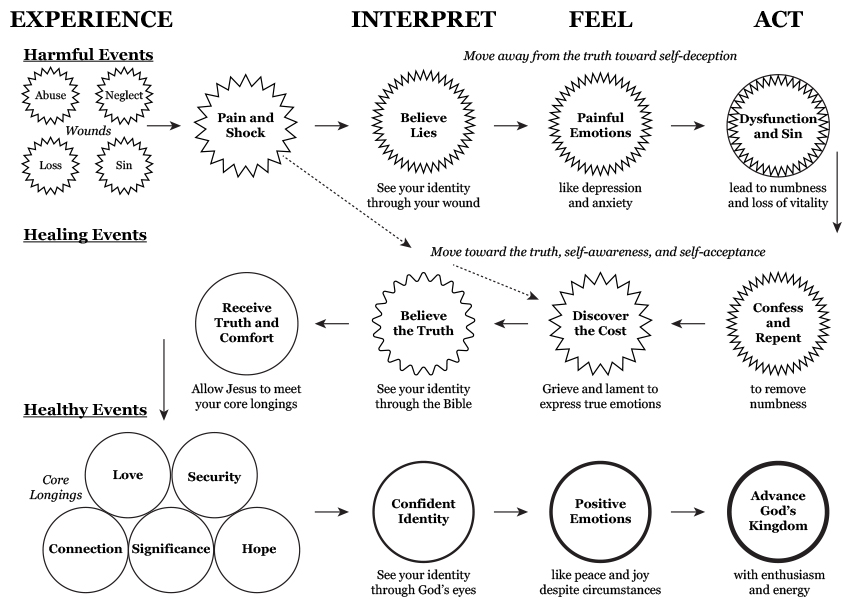Some companies offer lifetime guarantees. But, there’s always some limit or exception. Jesus offers an upgraded guarantee: a personally backed promise.
In a company guarantee, “lifetime” applies to the purchased item, not to the purchaser. Imagine if washers and dryers
Things don’t last like they used to. Nothing lasts forever.
Jesus’s Promises Last Forever
In a world of broken and replaceable things, it’s easy to believe I am broken and replaceable too. If there’s no such thing as a lifetime guarantee, then is there such a thing as eternal security? Maybe even God can’t offer a lifetime guarantee. At least, that’s what the enemy wants me to believe.
Jesus doesn’t offer lifetime guarantees like the world. He promises infinitely more!
Jesus offers something completely different from a typical lifetime-of-the-product guarantee. He offers an upgrade: an eternal life promise. He promises to keep you alive forever, even while other things break and pass out of… Share on XJesus’s Promises Cannot Fail
God the Father and Jesus have an understanding. God wills something to happen; Jesus makes it happen. If you believe in Jesus, God’s will is for you to have eternal life.
All that the Father gives me will come to me, and whoever comes to me I will never cast out. For I have come down from heaven, not to do my own will but the will of him who sent me. And this is the will of him who sent me, that I should lose nothing of all that he has given me, but raise it up on the last day. For this is the will of my Father, that everyone who looks on the Son and believes in him should have eternal life, and I will raise him up on the last day.”
John 6:37-40 ESV
Do you believe? If you believe, you have eternal life. The only work you have to do is to believe (John 6:29). When you believe, you trust that the Father has chosen you and given you to Jesus.
Then, you will come to Jesus and He won’t cast you out. You have the Spirit’s seal of approval. You are secure in Jesus’s eternal life promise.
Jesus Promises that You Belong
You belong only because of Jesus. God adopts you into His family. Anything good you have comes from God. You can accept yourself and count yourself as good and worthwhile because your creator says so
Your life would have no meaning apart from the life of Jesus Christ. But because you are joined to God through Jesus, all of God’s blessings flow to you. To reject yourself in the face of this reality would be to reject the very words of God.
Security and belonging are not optional for emotional health. Jesus provides both. What does life look like without security and belonging? I like how Brene Brown describes life without belonging:
A deep sense of love and belonging is an irreducible need of all people. We are biologically, cognitively, physically, and spiritually wired to love, to be loved, and to belong. When those needs are not met, we don’t function as we were meant to. We break. We fall apart. We numb. We ache. We hurt others. We get sick.
Brene Brown, Research Professor at the University of Houston
It’s possible to struggle to feel God’s love and acceptance. In future posts, I’ll explore breaking, falling apart, and numbing so you can work toward becoming whole.
If you don’t feel like you belong, first consider how secure you feel. Do you trust that Jesus will follow through with His promises?
This post is part of a series on eternal security. You can read the introductory post: eternal security means full assurance of salvation.
Image created by Matt Pavlik.


































